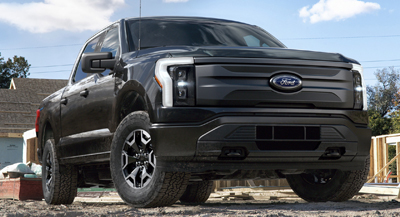A new Florida law, House Bill 637, recently signed by Gov. Ron DeSantis, blocks automakers from bypassing dealerships to sell vehicles directly to consumers---but it doesn't apply to all companies.
In short, if automakers didn't have deals with independent dealers in the state before the law, they can sell direct.
Under the new law, manufacturers cannot directly own a dealership if it already has franchise agreements in place. This puts the kibosh on legacy automakers selling directly to consumers through factory stores, similar to laws found in other states.
However, those laws generally block all brands from direct-to-consumer sales. The language in Florida's law leaves the door open for companies that don't have franchise agreements to sell directly.
That seemingly gives a big advantage to EV brands like Rivian, Lucid and Tesla. Under the law, Tesla could sell a Model 3 directly to a buyer at a fixed price without a middleman, while a Ford Mustang Mach-E would incur retail pricing from a dealer.
Furthermore, HB 637 prevents automakers from forcing franchise dealers to sell vehicles at a specific price, and manufacturers must maintain vehicle allocations to dealerships consistent with previous levels.
This seems to curtail automaker efforts to prevent excessive dealer markups on popular vehicles by reducing future allocations for dealers that don't comply with automaker requests. Casting a specific eye towards Ford, the law also conflicts with the company's plan to adopt no-haggle pricing starting next year.
InsideEVs contacted Detroit-based automakers regarding the law.
A spokesperson for General Motors emailed the following statement: "We value our relationship with our Florida dealers and will continue to support our customers while remaining compliant with Florida law."
Representatives for Stellantis and Ford declined to comment, instead referring to the Alliance for Automotive Innovation, a trade group representing automakers. In a letter to DeSantis dated May 3, the alliance requested a veto of HB 637 on numerous grounds, stating it "undermines the free market by statutorily guaranteeing revenue for auto dealers" and "solidifies two different regulatory systems for competitors in the same market," among other things.












